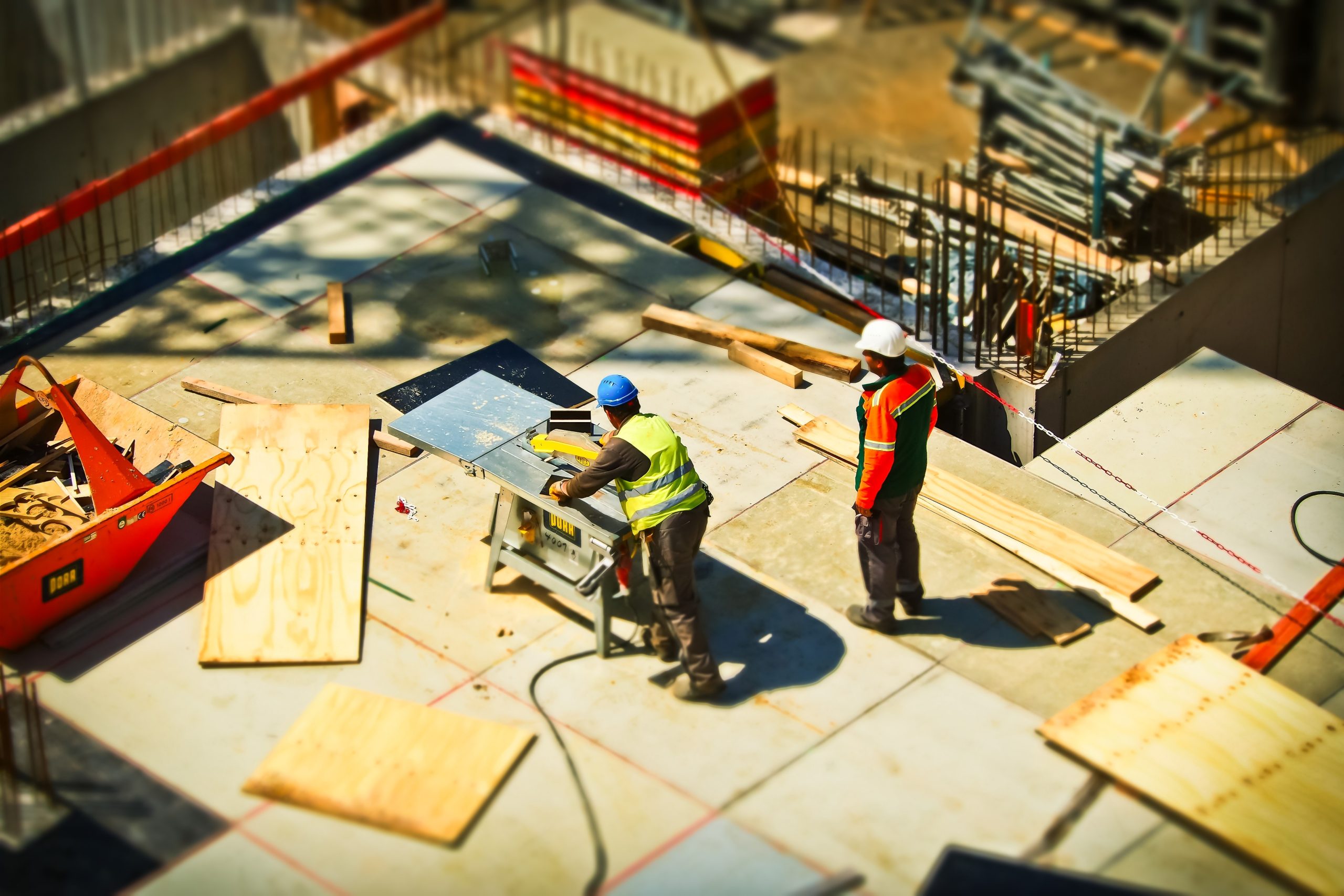
Given the increasing economic turbulence felt globally in 2022—thanks to factors such as the Covid-19 pandemic and unfolding energy crisis—it comes as no surprise that fraud is on the rise. Even the construction industry is not impervious to these impacts. In fact, the complexities of numerous cost outputs, suppliers, and subcontractors mean that it has never been more important to be alert to the dangers of construction fraud. If you are the one steering the ship, now is the time to be vigilant if you want to avoid your company becoming another victim statistic.
Those behind devious acts of construction fraud don’t often fit preconceived notions of what a scammer looks like. Trusted employees or long-serving suppliers can go rogue when times get tough. On the other side of the same coin, opportunists can get greedy when funds start to flow, which is why it’s never the wrong time to sure up your construction company’s fraud and forgery protection. While you yourself may not be the deceiver, if the ball of compliance gets dropped, it could be your company that pays the ultimate cost. Let’s look at some of the types of construction fraud that should be on your radar, and how a corporate investigator can help you ensure that everything truly tracks.
When Construction Fraud Slips Under the Radar
Any construction company owners knows that operating in this business means keeping a lot of plates spinning. With so many variables in play, there are inevitably also a lot of opportunities for a falsification here and a substitution there to slip by unnoticed. As if that weren’t dangerous enough, when a trusted collaborator feels emboldened, they may decide to see how far they can push their luck. If those at the helm are asleep at the wheel, construction fraud can become an epidemic that will inevitably result in a reckoning. Bringing in a corporate investigator to uncover corporate fraud at the first sign of suspicion is a prudent move indeed, but what kinds of crime will they be looking for? Here are some examples:
- Subcontractor Collusion
In a world that sees bid rigging and price fixing happen every day, pre-approving subcontractors is a must and precautionary measures should be structured into your contracts. When the stakes are high, ensuring that the most qualified and fairly priced candidate is the one you land upon may call for some corporate intelligence gathering. - Fraudulent Payment Applications
Inflated rates, falsified invoices, exaggerated labor costs, erroneous line items, and more. Sadly, intentionally falsified payment applications represent the most common form of construction fraud. - Substituting Materials
When the team that you’ve placed your faith in decides to switch out specified materials for lower-grade alternatives—or not bother placing them at all—the consequences can be dire. Ranging from scrambling change orders to repair a badly bodged project through to catastrophic structural failure, this type of construction fraud should not be overlooked. - Manipulated Change Orders
Sometimes, a construction boss doesn’t realize that original design specs had omissions in their scope until an unexpected change order arrives on their desk. Diligence is the best safeguard, but when you suspect you’ve already been hoodwinked, it’s time to call in the corporate investigations cavalry. - Diverting Equipment and Materials
While the odd tool may drift off now and then from the average jobsite, you don’t want your inventory to become a revolving door buffet for those who want to restock their own private stashes. This kind of construction fraud sees company purchases diverted and precious equipment siphoned away. - Manipulation of the Schedule of Values
A sloppily maintained Schedule of Values is another opportunity for construction fraud to slip by unnoticed. A sly foreman or accountant might forge phony charges against concealed buyout savings in order to pocket the difference. Only the keenest of eyes will spot this kind of construction fraud once budget and performance have been balanced.
- Falsified Representations
Across America, construction contracts increasingly call for the meeting of requirements such as a percentage of minority workers, environmental stipulations, local suppliers, and more. When a subcontractor intentionally falsifies their capacity to meet such an obligation, the company can find themselves looking down the barrel of a loaded litigation situation.
Seek Support From a Corporate Investigations Firm in the Know
If you suspect that your construction company may be among the many that fall prey to industry fraud in America each year, calling in a seasoned third-party investigator to launch a swift, efficient, and impartial investigation is a must. For those unsure as to whether their wider team are operating ethically, a Company Culture Audit is the ideal tool for illuminating the current state of play and cutting a clear path towards prevention and deterrence. Safeguard the integrity of your business against construction fraud with specialist support from Lauth Investigations International. Our team is ready and waiting to answer your questions today.



